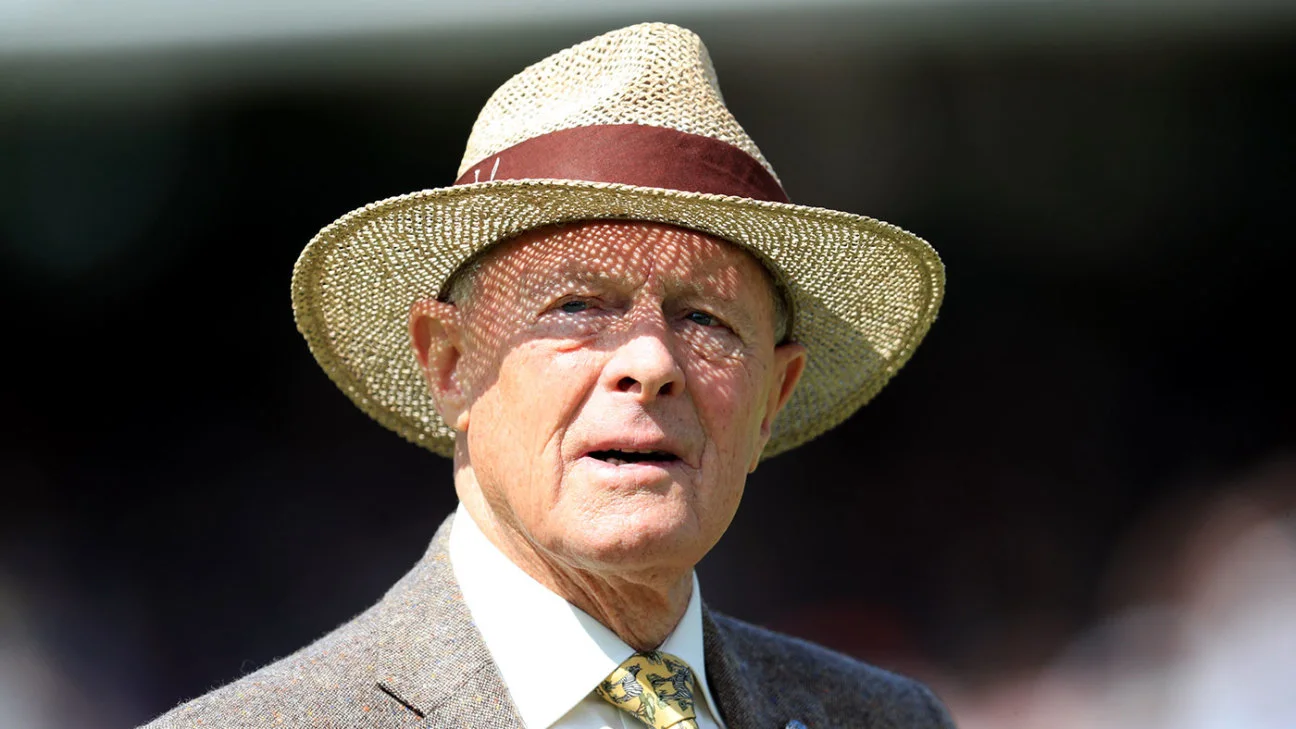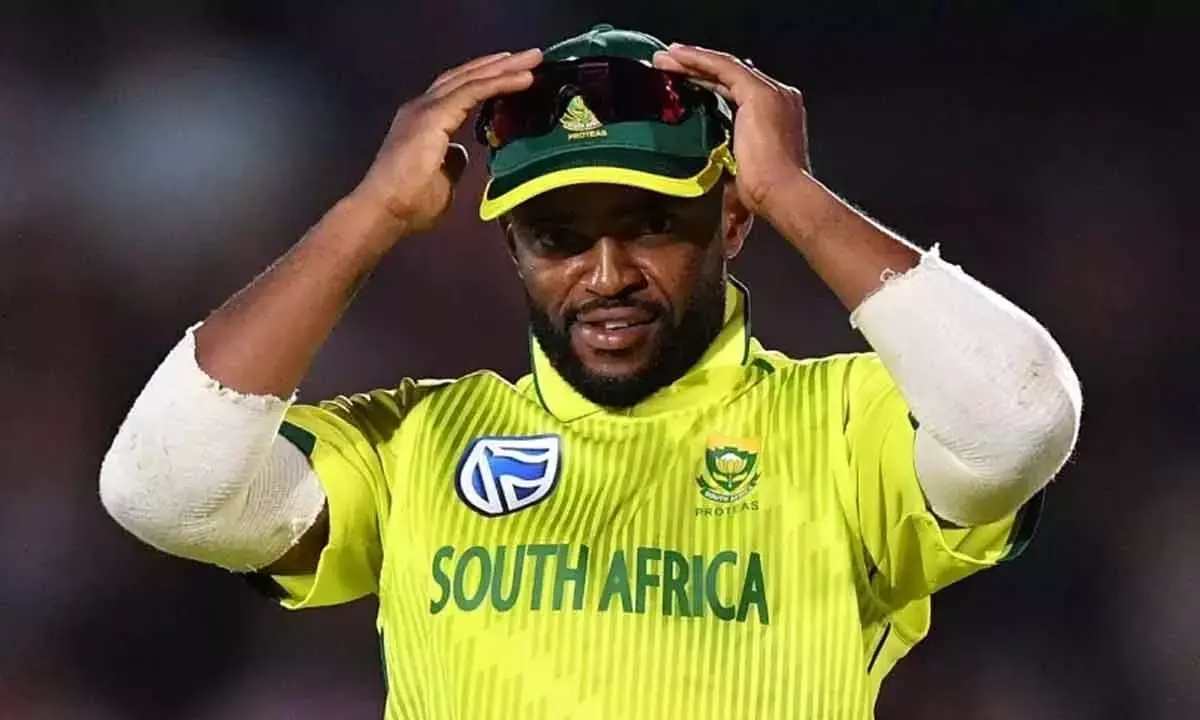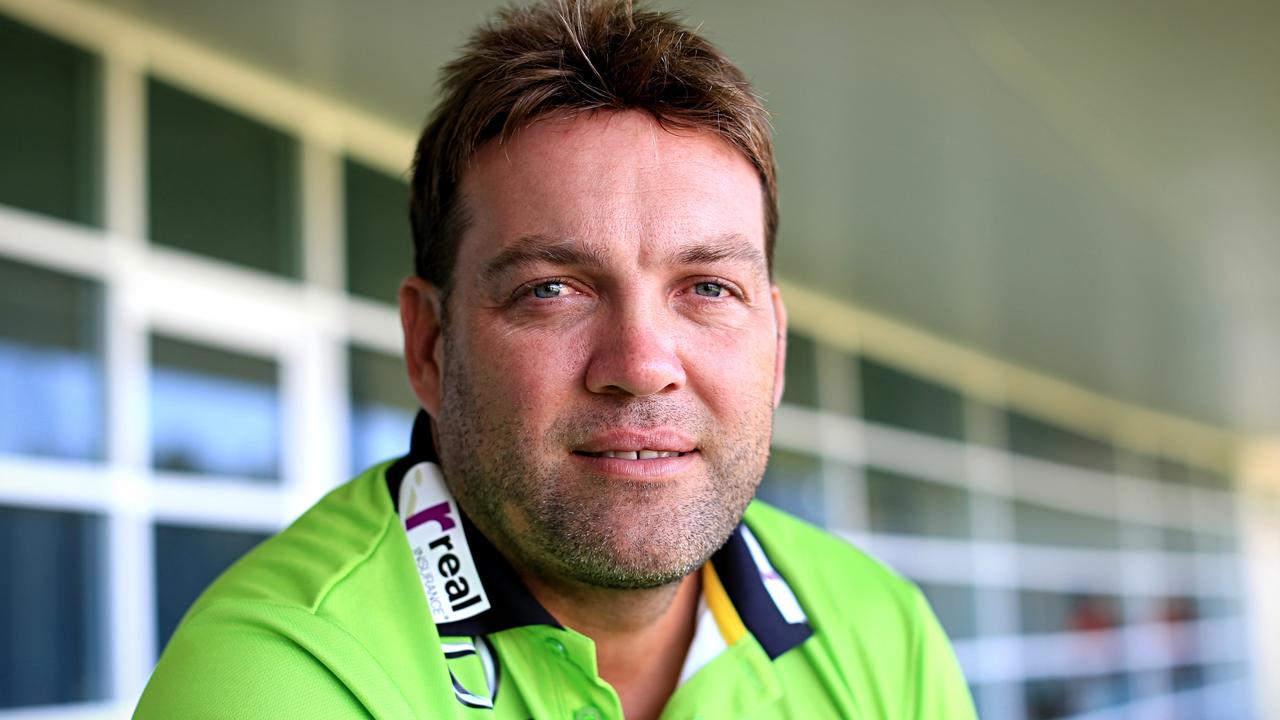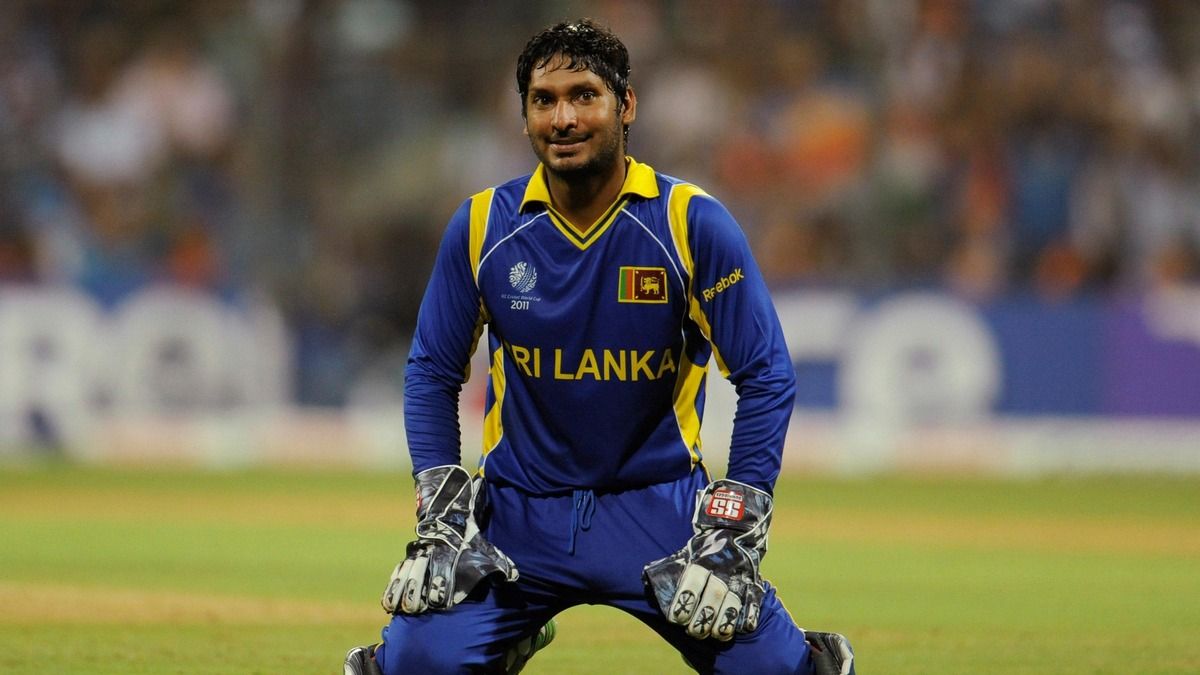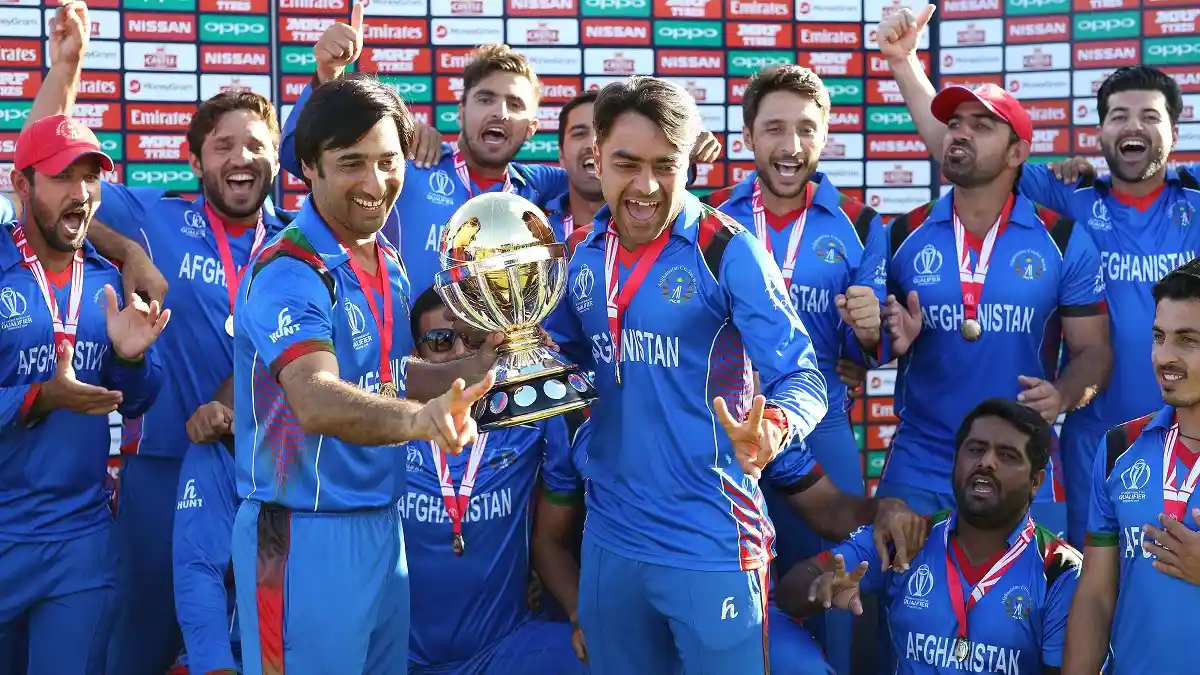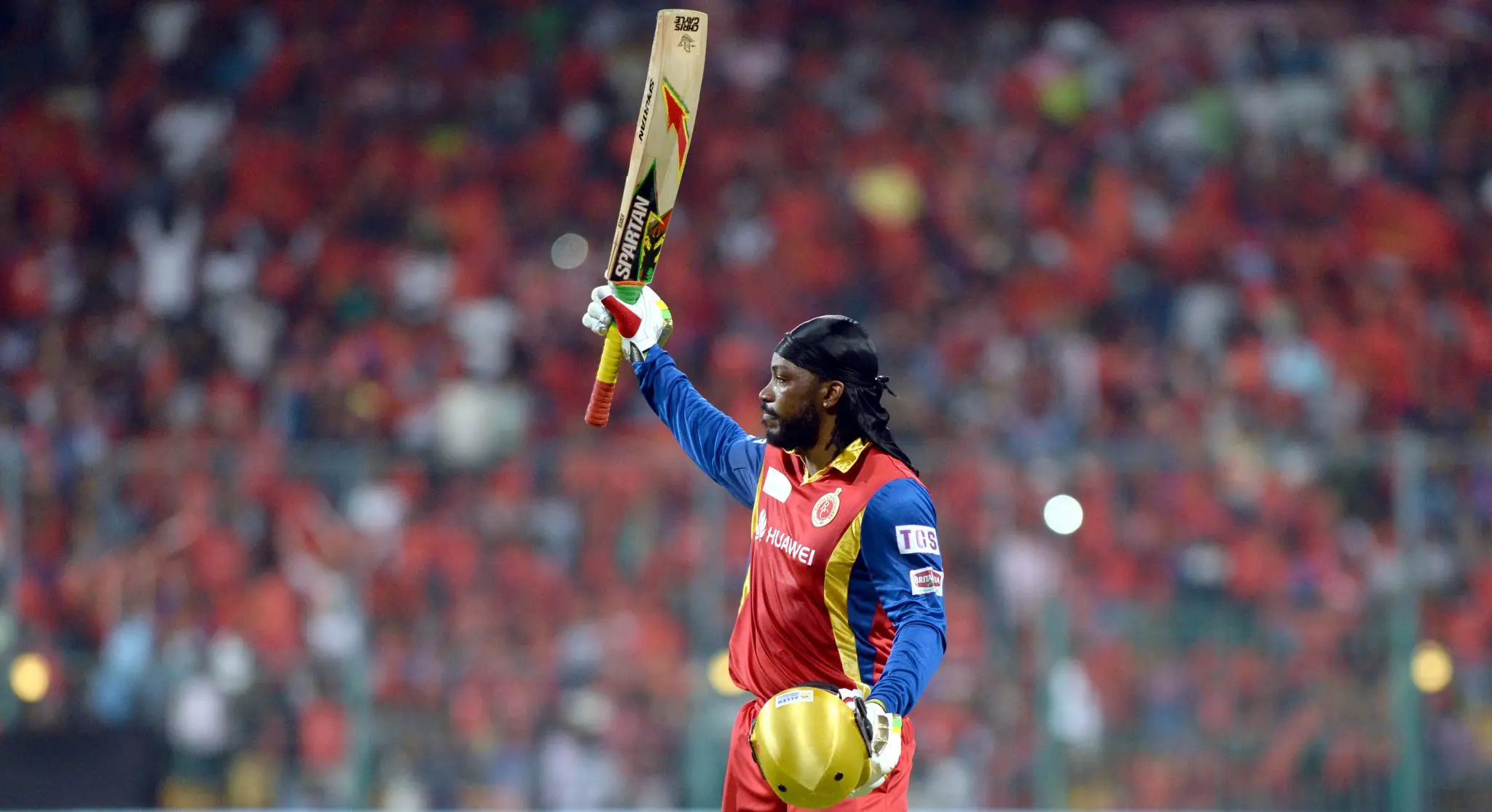From the humble beginnings in a Yorkshire mining village to the grandeur of international cricket stadiums, Geoffrey Boycott’s journey through the world of cricket is a tale of resilience, controversy, and undeniable talent.
His career spanned decades, marked by remarkable achievements, notable controversies, and an unwavering dedication to the sport.
Beyond his playing days, Boycott transitioned into a respected commentator, his insights enriching the cricketing narrative for fans worldwide.
This overview encapsulates the essence of Boycott’s multifaceted career, offering a glimpse into the life of a cricketing stalwart whose legacy continues to influence the sport.
Key Takeaways
- Yorkshire Roots: Born in a mining village, Boycott's early life shaped his resilient character.
- Cricketing Debut: He began his cricket career with Yorkshire in 1962, demonstrating early signs of greatness.
- Test Achievements: Accumulated over 8,000 runs in Test cricket, marking him as one of England's cricketing legends.
- Controversial Captaincy: His tenure as Yorkshire captain was marked by disputes and team discord.
- Commentary Career: Transitioned into a respected cricket commentator, known for his forthright and insightful analysis.
- Personal Challenges: Faced and overcame throat cancer, showing his resilience extends beyond the cricket field.
- Legal Controversies: Contended with legal issues, including a conviction for assault, which added a contentious chapter to his legacy.
- Knighthood: Recognized with a knighthood in 2019 for his services to cricket, cementing his status as a sporting icon.
- Cricketing Insights: Contributed significantly to cricket analysis and commentary, enriching fans' understanding of the game.
- Enduring Legacy: Despite controversies, Boycott's impact on cricket—on and off the field—remains indelible, highlighting a complex but remarkable career.
A Swing at Life: Geoffrey Boycott’s Formative Years
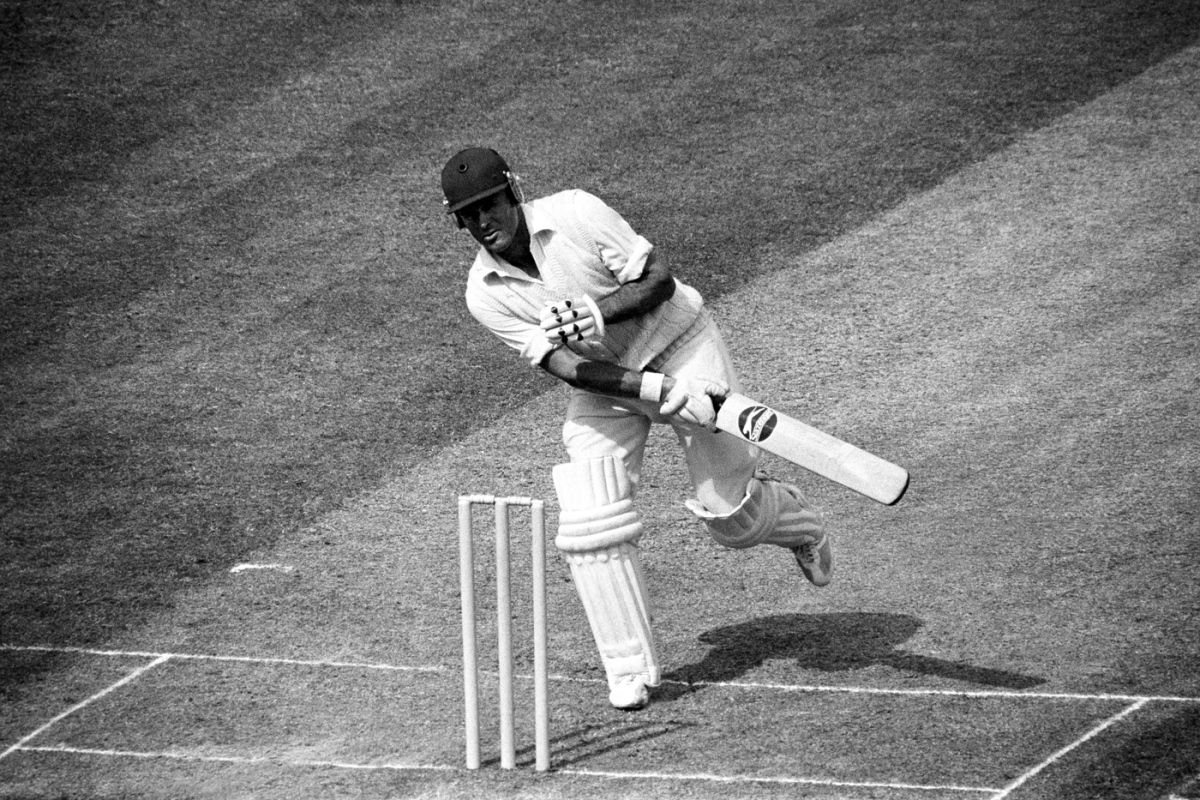
Born in a Yorkshire mining village, Geoffrey Boycott grew up as the eldest of three brothers. His early life was tough; at eight, a serious accident nearly claimed his life. Yet, he survived, minus his spleen.
His father’s mining accident later added to the family’s challenges, but Geoffrey found solace and passion in cricket, playing in the streets of Fitzwilliam.
School Days and Sporting Dreams
Initially missing the mark for grammar school, Geoffrey didn’t give up. He passed late-entry exams and transferred to Hemsworth Grammar School, where he shone in cricket.
Despite needing glasses, which initially hindered his performance, he adapted and excelled, thanks to robust eyewear and coaching from his uncle and a county professional.
Balancing Act: Studies, Sports, and Work
Geoffrey faced a dilemma with his O-levels looming; he didn’t want to burden his parents financially. Choosing to work while pursuing cricket, he became a clerk but kept playing the sport he loved.
His batting average soared, and he caught the attention of key figures in Yorkshire cricket, setting the stage for his future successes.
Geoffrey Boycott’s early life was a blend of adversity, resilience, and unwavering dedication to cricket, a testament to his enduring legacy in the sport.
Geoffrey Boycott’s Cricket Journey: From Beginnings to Retirement
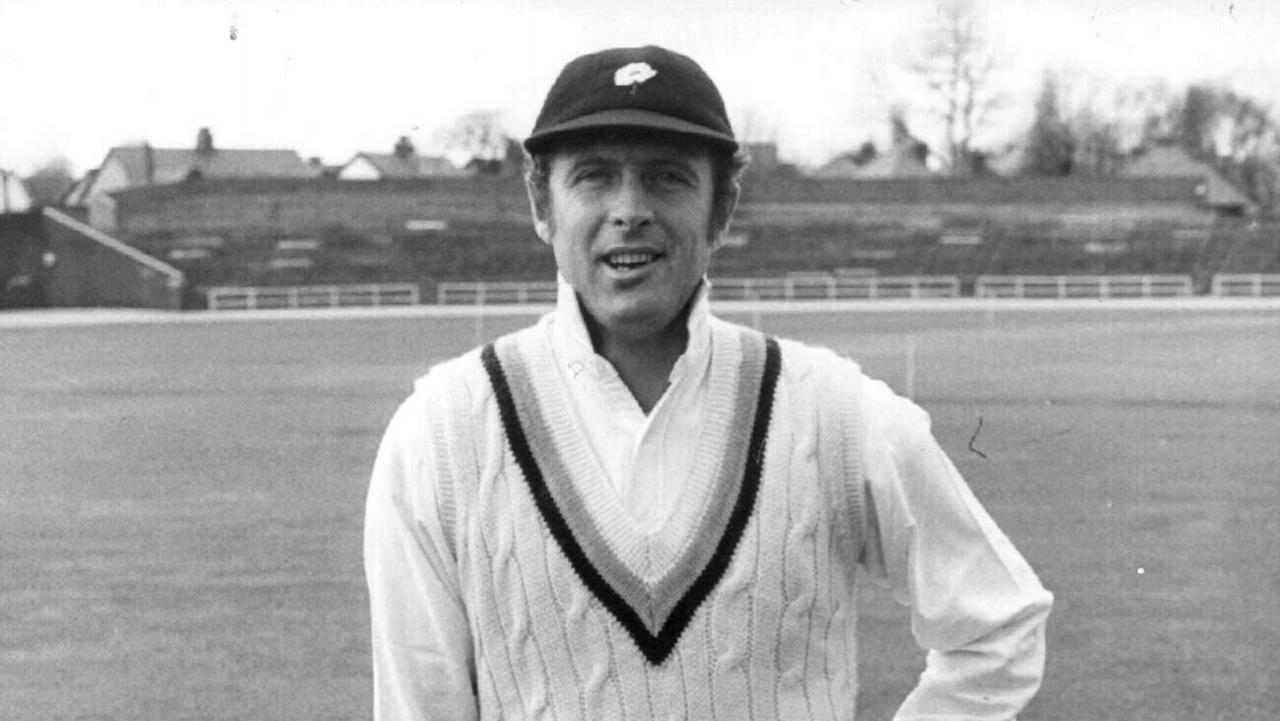
Geoffrey Boycott kicked off his county career in 1962, quickly making a mark with Leeds, Yorkshire Colts, and the Second XI. Scoring over 32,000 runs for Yorkshire, his talent was unmistakable.
Boycott’s skill shone brightly, achieving an average above 100 twice, a rare feat. Despite challenges, including conflicts with teammates, his connection with Yorkshire fans remained strong.
A Promising Start
Before shining on the larger stage, Boycott honed his skills at Barnsley Cricket Club. His determination, focus, and mental fortitude set him apart early on.
Debuting for Yorkshire’s first team in 1962, he quickly adapted to first-class cricket. His performance, initially met with skepticism, soon silenced critics as he scored century after century.
Captaincy and Controversy
Appointed Yorkshire captain in 1971, Boycott’s leadership was fraught with tension and disagreements. Despite personal successes, his tenure did not bring the team any trophies.
Conflicts with players and management alike underscored his time as captain, leading to a dramatic dismissal in 1978.
Yet, Boycott’s contributions on the field remained invaluable, consistently topping batting averages.
Persistence Pays Off
Following his captaincy, Boycott continued to excel, breaking records and winning over crowds with his performances.
However, friction with the Yorkshire committee and teammates persisted, leading to his eventual departure from the club.
Despite offers from other counties, Boycott chose to end his professional cricket career, leaving a legacy of determination, skill, and a bit of controversy.
Geoffrey Boycott’s cricket career, filled with highs and lows, exemplifies the spirit of perseverance. From early challenges to record-breaking achievements, his journey through the sport remains a tale of unyielding dedication.
Rising Through the Ranks: A Test Match Legend
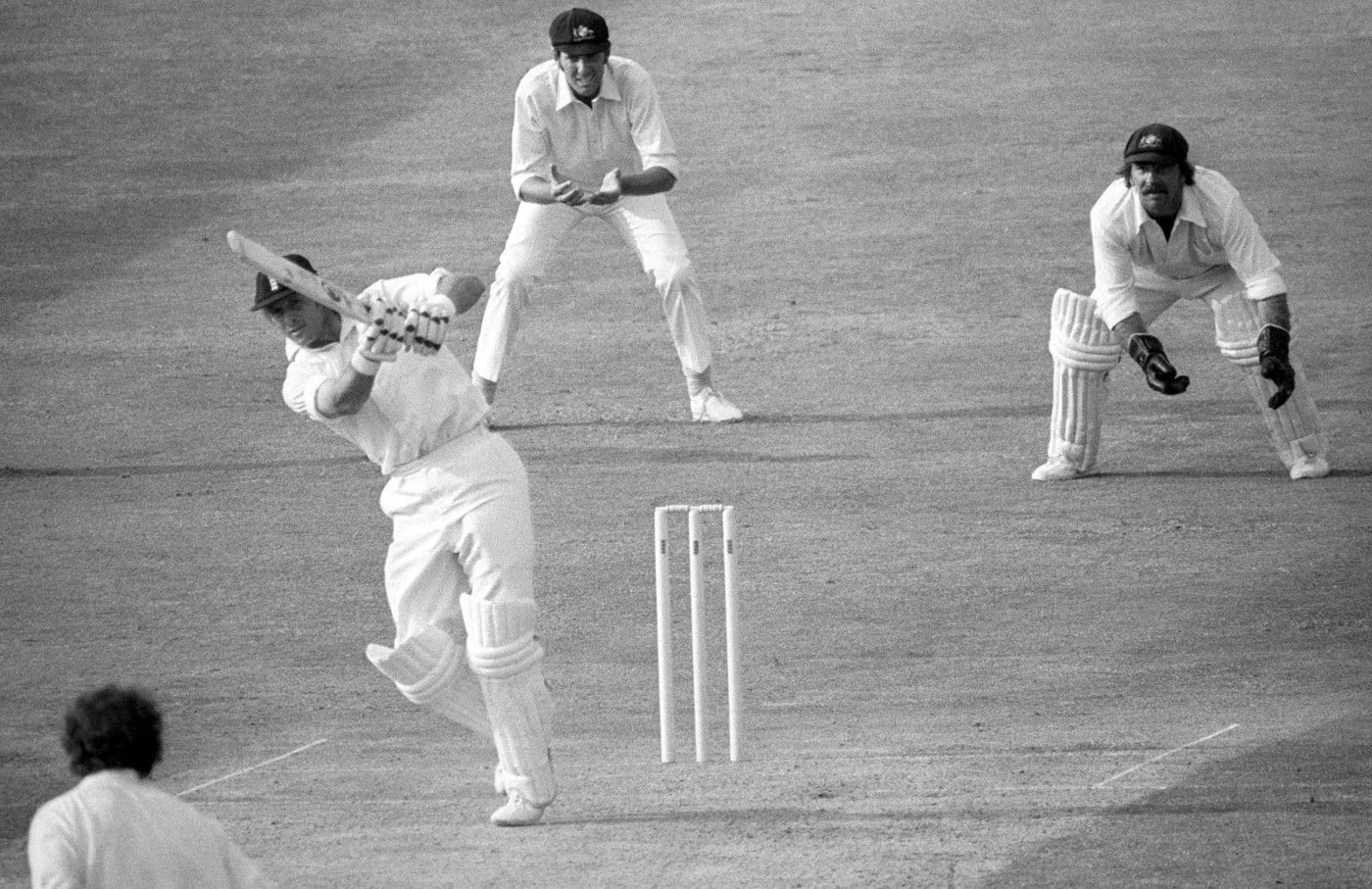
In 1964, Geoffrey Boycott kicked off his Test career against Australia, showcasing his skill with a top score of 48 despite a rain-affected draw. His maiden Test century came later that year, underlining his potential.
Boycott then shone in South Africa, overcoming initial low scores to contribute significantly to England’s series win.
Building a Reputation
Throughout 1965, Boycott faced challenges, including injuries and criticism for slow scoring. Nevertheless, he battled back with notable performances against New Zealand and South Africa, although his pace of play drew mixed reactions.
Overcoming Adversity
In 1966, Boycott’s performance dipped against the West Indies, leading to a temporary drop in form.
However, by 1967, he roared back with a career-best 246 not out against India, despite causing selectorial frustration for his slow pace.
Facing Criticism and Comebacks
Boycott’s conservative play style led to media scrutiny and a brief exclusion from the team. Yet, he continued to top score charts and made a triumphant return, facing down formidable bowlers and scoring heavily in the 1970-71 Ashes.
A Controversial Figure
Boycott’s alleged selfish play and his hiatus from Test cricket sparked debate. Still, he returned with vengeance, scoring prolifically and even captaining England, albeit with mixed leadership reviews.
Legacy and Return
After a brief captaincy period and continued scoring feats, Boycott’s approach to the game remained a talking point.
His deliberate pace in New Zealand led to team tensions, yet he secured victories with his undeniable talent.
Geoffrey Boycott, through highs and lows, remained a cricketing force, his legacy marked by resilience, exceptional skill, and a knack for headline-making both on and off the pitch.
Geoffrey Boycott’s Ashes Odyssey
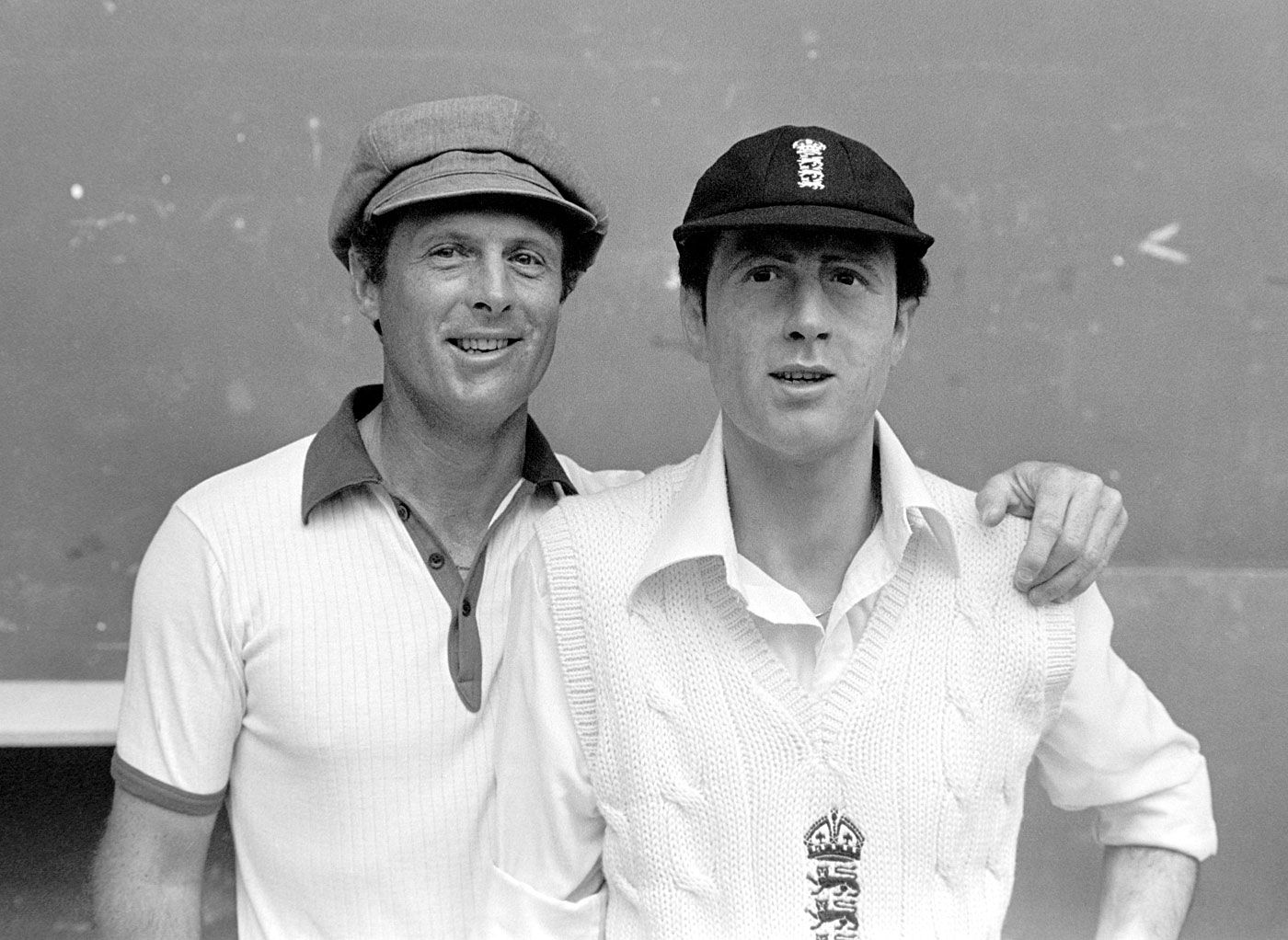
In the Ashes, Geoffrey Boycott faced Australia in 38 Tests, amassing 2,945 runs at an impressive average of 47.50. His prowess shone with seven centuries to his name, marking him as a cricketing stalwart.
Unconventional Tactics and Triumphs
The 1978-79 series witnessed Boycott’s unusual decision to bat at number 11 against South Australia, not due to injury.
In Perth, he crafted a boundary-less 77, a record for such innings. England clinched the series 5-1, despite Boycott’s individual struggles in three matches.
World Cup and West Indies Wonders
Post-Ashes, Boycott contributed to England’s near victory in the 1979 World Cup. Later, in the West Indies, he faced fierce pace attacks, scoring centuries past 40.
His resilience against Michael Holding’s legendary over in Barbados highlighted his exceptional skill and determination.
Record Breaker and Captaincy Dreams Dashed
During the 1981 series, Boycott’s hope for a centenary Test century was thwarted by Dennis Lillee. As he eyed Gary Sobers’ run record and the England captaincy, internal conflicts and form concerns surfaced.
Nevertheless, he surpassed Colin Cowdrey as England’s top run-scorer during the India tour, ending his international career as the leading Test run-scorer.
The Final Overs
Post-cricket, Boycott’s controversies continued, from golfing during a Test match to organizing a rebel tour to South Africa.
Despite calls for his return, the emergence of new talents and his complex legacy meant ‘Bye-bye Boycott’ resonated as his international cricket curtain call.
The Voice of Cricket: Commentator, controversy and personal life
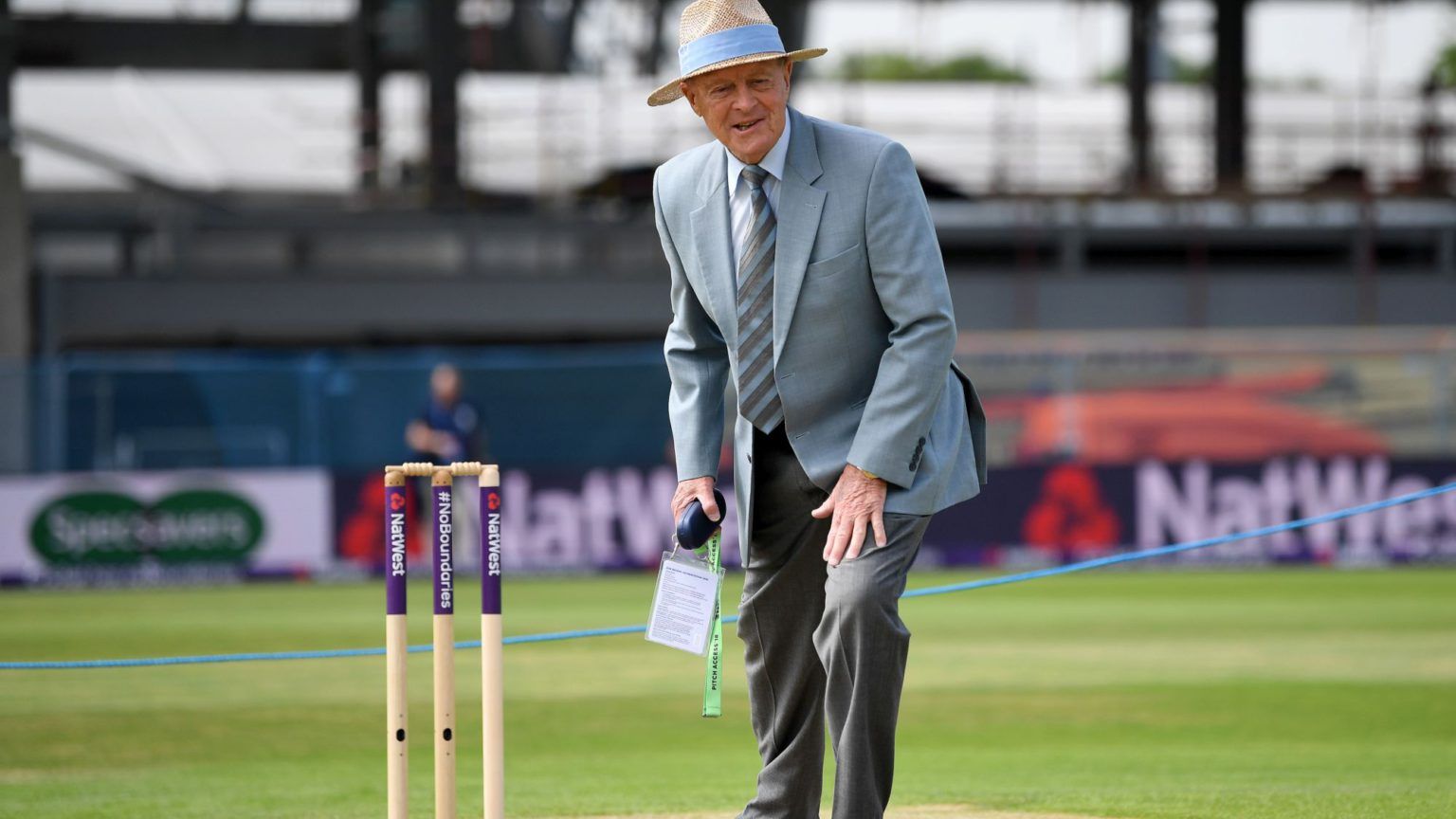
Fred Trueman once said if Geoffrey Boycott commented as he played, grounds would overflow. Known for his meticulous nature and distinctive style, Boycott became a revered figure in the commentary box.
Despite keeping to himself, his insights and unique phrases, like “corridor of uncertainty,” enriched cricket broadcasting.
His critical yet knowledgeable commentary across global channels, including his stint with the BBC’s Test Match Special, showcased his deep understanding of the game.
Controversy Behind the Mic
Boycott’s commentary career wasn’t without its contentious moments. His blunt criticisms, particularly of players’ performances, often stirred debate.
For instance, his harsh words for Gautam Gambhir during the 2014 England-India series exemplified his uncompromising approach.
Despite these controversies, Boycott’s contributions to cricket media remained highly valued, evidenced by his multiple biographies and featured columns in prestigious publications.
A Personal Battle and Triumph
In 2002, Boycott faced his most daunting opponent yet: throat cancer. Opting for radiotherapy over surgery, he bravely fought and eventually overcame the disease.
This battle brought a newfound warmth to his public persona, even as he maintained his distinctive commentary style.
His triumphant return to broadcasting and writing demonstrated his resilience and continued passion for cricket.
Domestic Dispute and Legal Drama
Boycott’s personal life came under scrutiny when accused of assault by a former partner in 1996, a charge he vehemently denied.
Although convicted in France, Boycott maintained his innocence, suggesting financial motives behind the allegations.
The legal ordeal led to his dismissal from several media roles, though he later resumed his career abroad and reclaimed his reputation as a cricketing authority.
Knighthood and Beyond
Despite controversies, including an ill-considered remark about knighthood, Boycott’s contributions to cricket were recognized when he was knighted in 2019.
His response to criticism of his knighthood highlighted his defiant nature. Boycott’s support for UKIP and admiration for Theresa May showcased his interest in politics, further adding layers to his multifaceted life.
Yorkshire’s Proud Son
Elected President of Yorkshire County Cricket Club in 2012, Boycott focused on revitalizing the team’s fortunes.
His tenure, marked by a call for inclusivity and modernization, reflected his lifelong commitment to Yorkshire cricket.
The purchase of Boston Hall and his later writings reveal a man reflecting on his legacy, offering a more introspective view of his storied life and career.
Geoffrey Boycott: A Storied Career in Cricket
In 1965, Geoffrey Boycott earned the title of Wisden Cricketer of the Year. That season, he shone brightly, playing nine Test matches, hammering 617 runs, which included a century and four fifties, averaging an impressive 47.46. His skill on the field was undeniable, showcasing his talent to the world.
Trophy Triumphs
Geoffrey clinched the Walter Lawrence Trophy in 1970. This accolade further solidified his standing as a cricket luminary, recognizing his outstanding batting performance that season.
Honoring Geoffrey Boycott’s Contributions
A Nod from the Queen
In 1980, the Queen honored Geoffrey with an Officer of the Order of the British Empire (OBE) title. This recognition was for his significant contributions to cricket, marking him as a key figure in the sport.
Knighted for Excellence
The year 2019 saw Geoffrey knighted, an honor included in Prime Minister Theresa May’s Resignation Honours List.
This knighthood celebrated his lifelong dedication and contributions to cricket, crowning his illustrious career.
Lifelong Memberships and More
The Marylebone Cricket Club awarded Geoffrey an honorary life membership in 1993, a nod to his influence and legacy in cricket.
Moreover, he served as president of Yorkshire County Cricket Club from 2012 to 2014, leading with distinction.
Academic Acknowledgment
Leeds Metropolitan University recognized Geoffrey’s impact on sports by awarding him an honorary doctorate of Sports Science in 2010.
This accolade underscored his role in inspiring future generations in the field of sports science and cricket.
Frequently Asked Questions (FAQs)
What are some of Geoffrey Boycott's key cricketing achievements?
Geoffrey Boycott is celebrated for his enduring contributions to cricket, including scoring over 8,000 runs in Test matches and serving as a formidable opener for England. He was named Wisden Cricketer of the Year in 1965 and received an OBE in 1980, culminating in a knighthood in 2019 for his services to the sport.
How did Boycott transition from player to commentator?
After retiring from professional cricket, Geoffrey Boycott made a seamless transition into commentary. Known for his analytical insights and candid observations, he became a respected voice in cricket broadcasting, contributing to BBC’s Test Match Special and various international channels.
Did Geoffrey Boycott face any controversies during his career?
Yes, Boycott’s career was marked by several controversies, including a contentious tenure as Yorkshire captain and debates over his playing style. Off the field, he faced legal challenges and public scrutiny, notably a conviction in France for assault, which he has always contested. Despite these challenges, Boycott’s contributions to cricket have been widely recognized.


